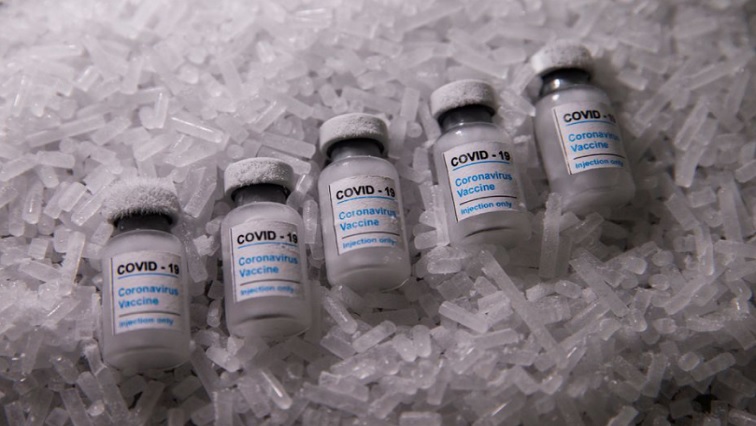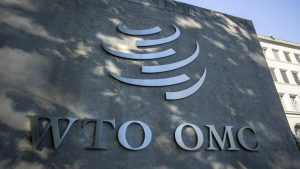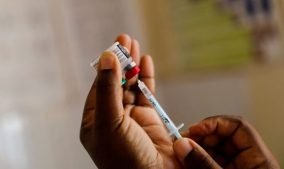Twelve Republican lawmakers have written to United States President Joe Biden urging him not to support a proposal by South Africa and India to temporarily waive from Intellectual Property (IP) rules amid the coronavirus pandemic.
The two BRICS countries with the support of more than 90 others have since October last year sought to lead negotiations at the World Trade Organisation to waive certain IP rights in order to ramp up production and distribution of vaccines, therapeutics, and diagnostics in order to save lives.
But richer countries led by the United States and Europe continue to argue that such a move would harm research and development.
In the letter to US Trade Representative Katherine Tai, the 12 Republican members of Congress led by Rep. Jim Jordan made their case for not allowing the waivers, calling it extraordinarily broad and unnecessary to accomplish wider access to COVID-19 vaccines and treatments.
“The justification for the waiver rests on an incorrect assumption that IP rights are a significant bottleneck to the widespread availability of COVID-19 vaccines and treatments. The waiver’s sponsors have presented no convincing evidence to support this assertion,” their letter reads.
But South Africa has a different view.
“The scope of the waiver has been carefully thought through and the aim is to target specific and certain provisions of the IP regime in the WTO that are vital to the production of vaccine, therapeutics, and diagnostics and we have targeted it when we were looking at the specific targets that you would need – you need PPE, you need vaccines, you need therapeutics to be able to effectively respond and we identified those specific IP rights and IP provisions within the TRIPS agreement that is necessary to enable the production of those products,” says the country’s Ambassador to the World Trade Organisation, Xolelwa Mlumbi-Peter.
Mlumbi-Peter pointed to the fact that more than two million people had died globally since their proposal was initiated at the WTO in October last year and said the time had come for the WTO TRIPS Council to move to text-based negotiations on the proposed waivers.
“The current production capacity that exists is around 3.5 billion doses per annum. And what is effectively required to respond to the pandemic is 14 billion. So, the current manufacturers do not have enough capacity to respond to the 14 billion, they can’t meet the global demand and what is important to meet the global demand is to address the barriers to production and we also agree that IP is not the only barrier but IP is one of the significant barriers that will unlock production.”
The WHO has also called on pharmaceutical companies to waiver patent rights on COVID-19 vaccines:
The White House was asked directly in late April whether it would support the South Africa-India proposal.
“Our focus is on maximizing production and supply at the – in – for the world at the lowest possible cost. And there are a lot of different ways to do that. Right now, that’s one of the ways, but we have to assess what makes the most sense. So, for example, we produce a lot of vaccines here in the United States. Right? Vaccines, you know, manufactured here. We have manufacturing facilities that have been through – a number of them, have been through FDA approval or going through FDA approval. We have to evaluate whether it’s more effective to manufacture here and provide supply to the world or the IP waiver is an option. There has not been a recommendation made from USTR, nor has the President made a decision,” said Press Secretary Jen Psaki.
At the root of global concerns is the current disparity around vaccine access and distribution – with 1 in 4 people on average receiving vaccines in richer countries while in lower-income countries it is 1 in more than 500.






